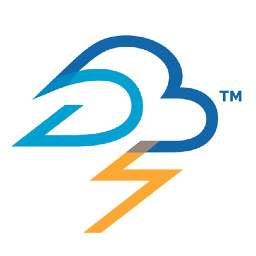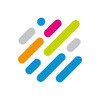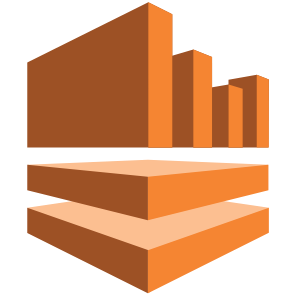Compare - Google Cloud Dataflow VS Keboola
Here’s the difference between Google Cloud Dataflow and Keboola. The comparison is based on pricing, deployment, business model, and other important factors.
About Google Cloud Dataflow
Google Cloud Dataflow is a cloud-based data processing service for both batch and real-time data streaming applications. It enables developers to set up processing pipelines for integrating, preparing and analyzing large data sets, such as those found in Web analytics or big data analytics applications. The Cloud Dataflow software expands on earlier Google parallel processing projects, including MapReduce, which originated at the company. Cloud Dataflow is designed to bring to entire analytics pipelines the style of fast parallel execution that MapReduce brought to a single type of computational sort for batch processing jobs.
About Keboola
Keboola Connection provides a cloud based staging layer to mash up data from various sources including social networks, web services, internal databases, etc.. Users can display it in Tableau or GoodData. The platform is fully extensible by third parties in all layers. Platform capabilities includes a cloud ETL layer that uses SQLDEP for easy orientation in large SQL queries. Access your own sandboxes for quick adjustments and apps to reduce repetitive tasks. Users can use SQL or R as the blending language.
Comparison Table
| Overview | ||
|---|---|---|
| Categories | Data Streaming | Data Workspace/ Collaboration, Managed Data Stack |
| Stage | Late Stage | Late Stage |
| Target Segment | Enterprise, Mid size | Mid size, Enterprise |
| Deployment | SaaS | SaaS |
| Business Model | Commercial | Commercial |
| Pricing | Freemium | Freemium, Contact Sales |
| Location | US | US |
| Companies using it | ||
| Contact info |
Add to compare


